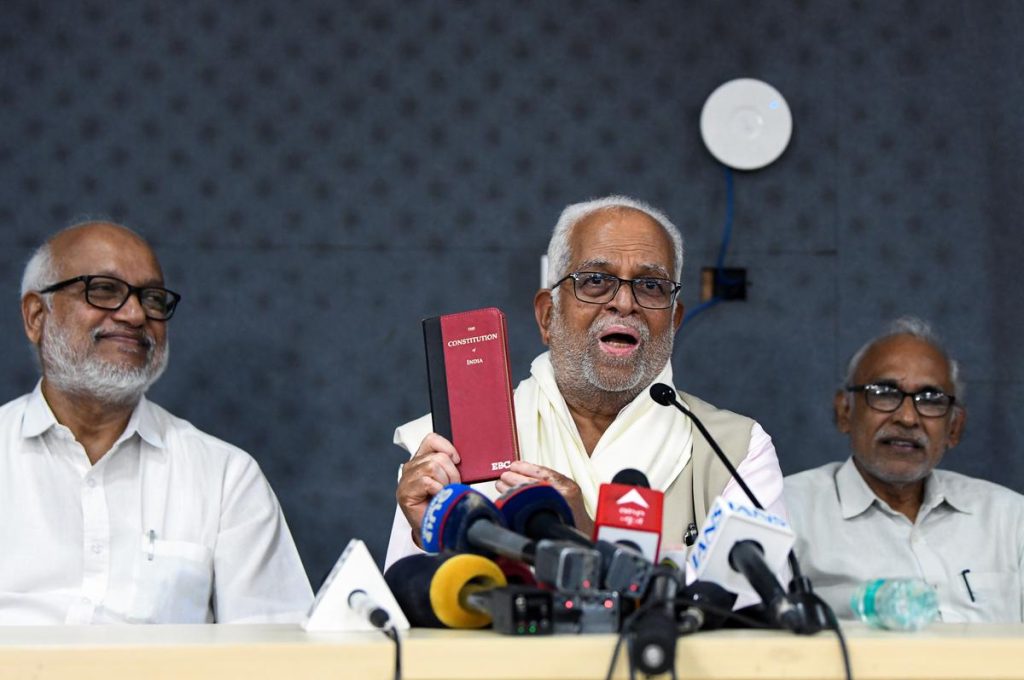Now Reading: Retired Judge Highlights Decisive Move to Repeal Colonial-Era Laws
-
01
Retired Judge Highlights Decisive Move to Repeal Colonial-Era Laws
Retired Judge Highlights Decisive Move to Repeal Colonial-Era Laws
Rapid Summary
- The Department of Law at Central University of Karnataka (CUK), Kalaburagi, organized a seminar on New Criminal laws in collaboration with the Central Detective Training Institute, Bengaluru, and Bureau of Police Research and Advancement (BPR&D) under the Union Ministry of Home affairs.
- the event was part of the “One Day, One University” campaign held on Friday.
- Retired Principal Sessions and District Judge Kadloor Satyanarayanacharya delivered the keynote address highlighting India’s recent overhaul of colonial-era criminal laws and it’s importance in strengthening social stability.
- Deputy Inspector-General of BPR&D rajashekara N. emphasized citizen-centric laws, advancements like zero FIRs/e-FIRs, and police adaptation to updated procedures for effective investigations.
- Registrar R.R. Biradar stressed modernizing legal frameworks to address challenges such as increasing cybercrimes.
- Faculty members from CUK’s School of Legal Jurisprudence Studies along with research scholars and students attended.
Indian Opinion Analysis
The seminar represents an crucial acknowledgment by legal professionals and policymakers regarding India’s efforts to reform its colonial legal system after decades since independence. The discussions focused on aligning law enforcement practices with contemporary requirements through mechanisms like zero FIRs for swift justice delivery-a critical step toward ensuring citizen-centric governance while addressing procedural inefficiencies.
speakers also highlighted that adapting laws to tackle emergent crimes like cybercrimes is imperative in today’s digital age. Such dialogues underscore India’s commitment to evolving legislative systems that uphold constitutional principles while responding sensitively to societal needs. Collaboration between academic institutions, law enforcement agencies, and research bodies could substantially bolster reform efforts aimed at creating an efficient judicial framework.
For further reading: The Hindu























